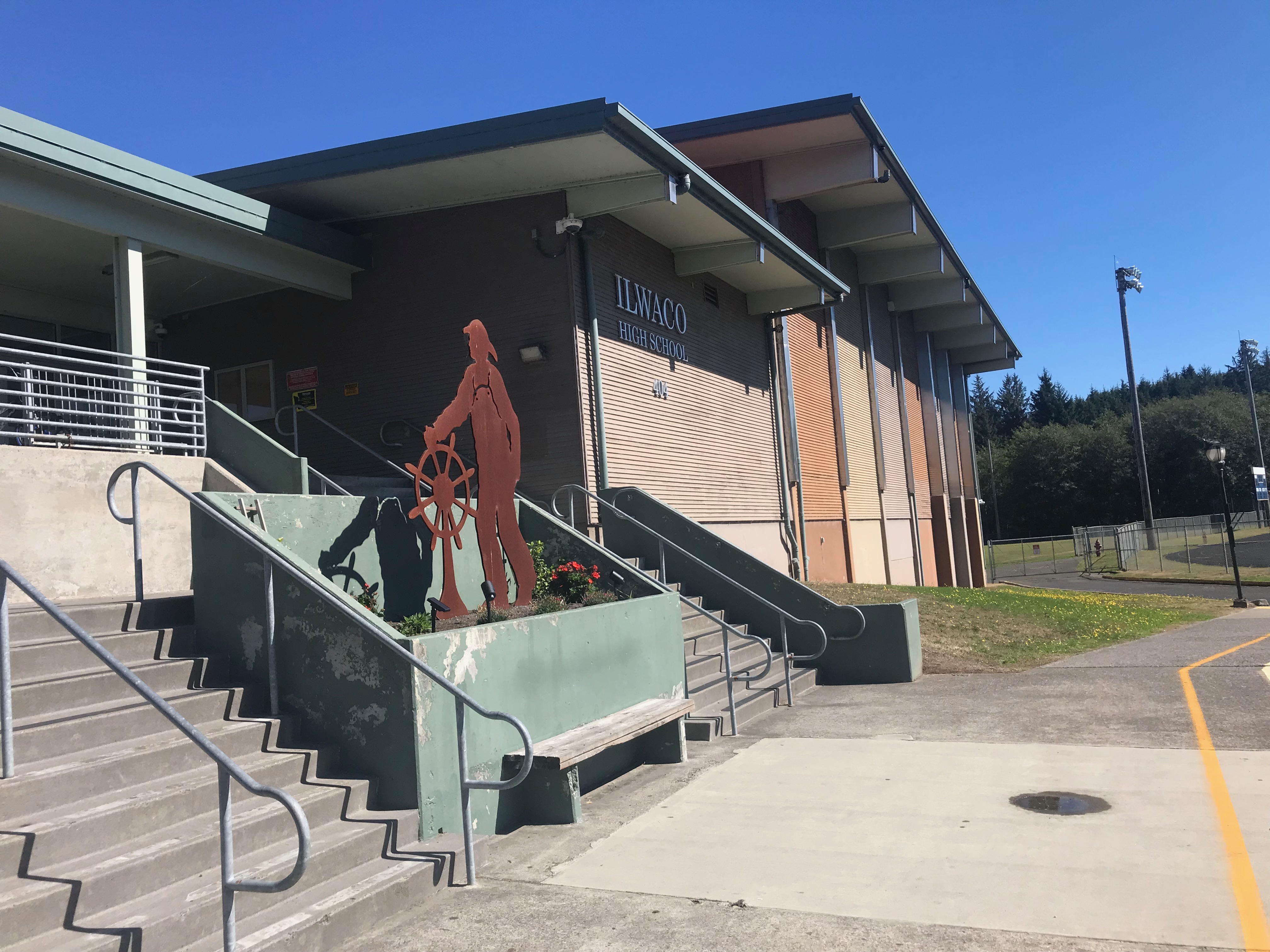Pacific County Search and Rescue needs you – your dog, horse, ATV
Published 4:00 pm Tuesday, January 25, 2005
PACIFIC COUNTY – An Alzheimer’s patient wanders from his home, the sheriff’s department needs someone to search for evidence in the dunes, or there is a report of an airplane going down on the northern tip of the Peninsula.
At present the Pacific County Search and Rescue (PCSAR) unit – not to be confused with the Surf Rescue group-is seeking volunteers to help the county sheriff in such situations. You must be 16 years or older to participate.
Newly-elected president Jamie Henington says, “Almost anyone can help in search and rescue as our work is on land instead of the water. There are classes, field practices, and meetings to train those interested.” An orientation is Jan. 29 at the court house in South Bend and Henington urges volunteers to come forward. At present there are only four people from south county in PCSAR.
Volunteers may use many means to conduct search and rescue missions. Horses, dogs, all-terrain vehicles, 4-wheel drive rigs, ham radios and computers may all be part of the arsenal members of PCSAR will utilize to conduct an operation.
“Our unit will conduct searches for people who are lost or for crime-scene evidence. I just completed training on how to locate downed planes,” Henington explains. “Volunteers need to be serious about their commitment,” she cautions.
Training consists of 37 hours of classroom work to obtain Emergency Worker certification. CPR and first aid are included in the process, as is education in map and compass reading, GPS operation, and field exercises during both day and night. Searches for planted “evidence” or for volunteer “victims” are part of the field training.
“Some volunteers will be required to take 24-hour packs that weight about 40 pounds,” Henington relates. “We need to make sure we are the rescuers and not the ones who will need to be rescued.” Extra food, water, clothing, a compass and whistle, and first aid supplies are all part of the pack some volunteers need to carry.
Not everyone will be required to heft a pack, however. PCSAR also needs computer and communications people at command centers, for instance.
“We go out in any weather with no exceptions when we practice,” Henington states. “Sometimes you have to get down and dirty in the swampy parts of the county. You can’t back out of an actual rescue just because the weather’s bad and the same goes for practice.”
The IRS allows volunteers to deduct any expenses, including travel, which they may incur during their PCSAR work and training. There is a week-long state conference every May that volunteers are encouraged to attend. Training is on-going and the conference, which will be in Leavenworth this year, is helpful in filling any training gaps an individual or the unit may have in their preparation.
PCSAR conducts various fund-raisers throughout the year to help with anything from defraying costs of the conference to buying batteries for radio equipment.
“This is a great way to give back to the community,” Henington says. She is an avid horse lover and is receiving training on how to put her equestrian skills to work during search and rescue situations. “I’ve learned a lot already for my own personal use.”
“It’s a great way for someone with a 4-wheel drive vehicle or an ATV to get out and do something meaningful,” she concludes. And of course the volunteer will have the blessing of the sheriff’s department to operate their rigs off-road while they are training or on a mission.
“I’m hoping we get a great response this Saturday in South Bend,” Henington concludes. Anyone with questions about PCSAR may call Henington at 642-4109.
Other contact people are Carla Belisle at 642-3346, Jim Fulton at 942-3765, or Terry Rubey at 942-3262. PCSAR has an informative Web site at (www.geocities.com/pacosar/)





